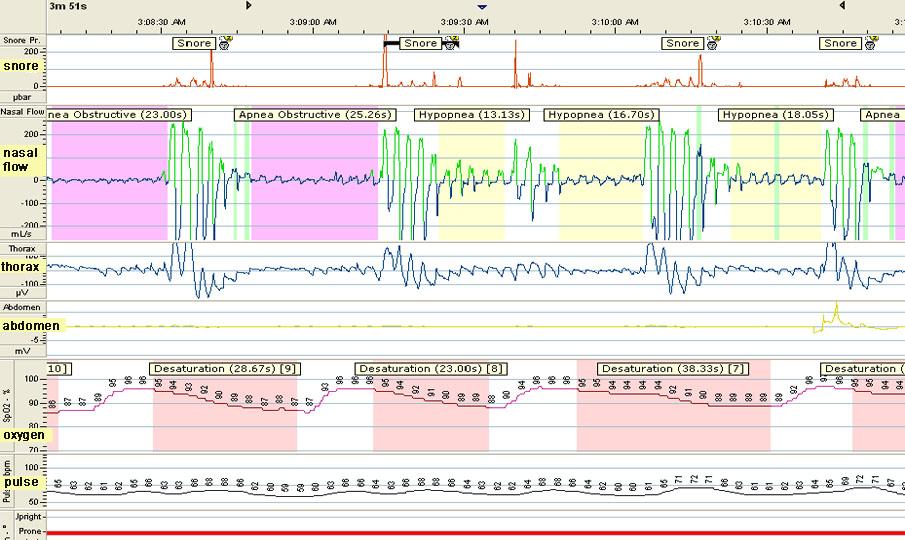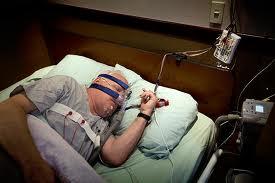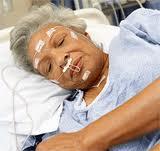WHAT TREATMENTS CAN I DO ON MY OWN?
There are several things you can do at home to help you sleep better and improve your overall health. First, keeping a sleep diary may be helpful. This complete record of your sleep habits may help you pinpoint your sleep problems and find out what is causing your lack of sleep. Your sleep diary should include the following:
- What time did you go to bed and wake up?
- How many total hours of sleep did you get?
- How well do you think you slept?
- How much time did you spend awake and what did you do during that time? (e.g. stayed in bed with eyes closed, got up and walked around, meditated)
- What types and how much food, liquid, caffeine or alcohol did you consume before bed and what time did you consume them?
- How did you feel before you went to bed? (e.g. happy, sad, anxious)
- Are you taking any drugs or medications? If so, what is the dose and time of consumption?
- Keep a regular sleep schedule by going to bed and getting up at the same time every day.
- Set aside enough time to sleep. This is around 8 hours each night for most people.
- Make sure your bedroom is a "sleep-conducive" environment. You will sleep best in a room that is dark, cool and quiet.
- Turn off your television, cell phone and computer a few hours before you go to bed. The type of light these screens emit activates the brain and interferes with the body's circadian rhythms(2).
WHEN SHOULD I SEE A SLEEP SPECIALIST?
Although many people can benefit from at-home remedies, some may need to seek the help of a sleep professional. If your main symptom is daytime sleepiness and you have tried several self-help treatments with little improvement, it may be time to go to a sleep clinic. A professional opinion should also be sought if you or your bed partner gasps, chokes or stops breathing during sleep, or if you sometimes fall asleep at inappropriate times such as during walking, talking or eating. These symptoms may indicate a serious sleep condition(2).






